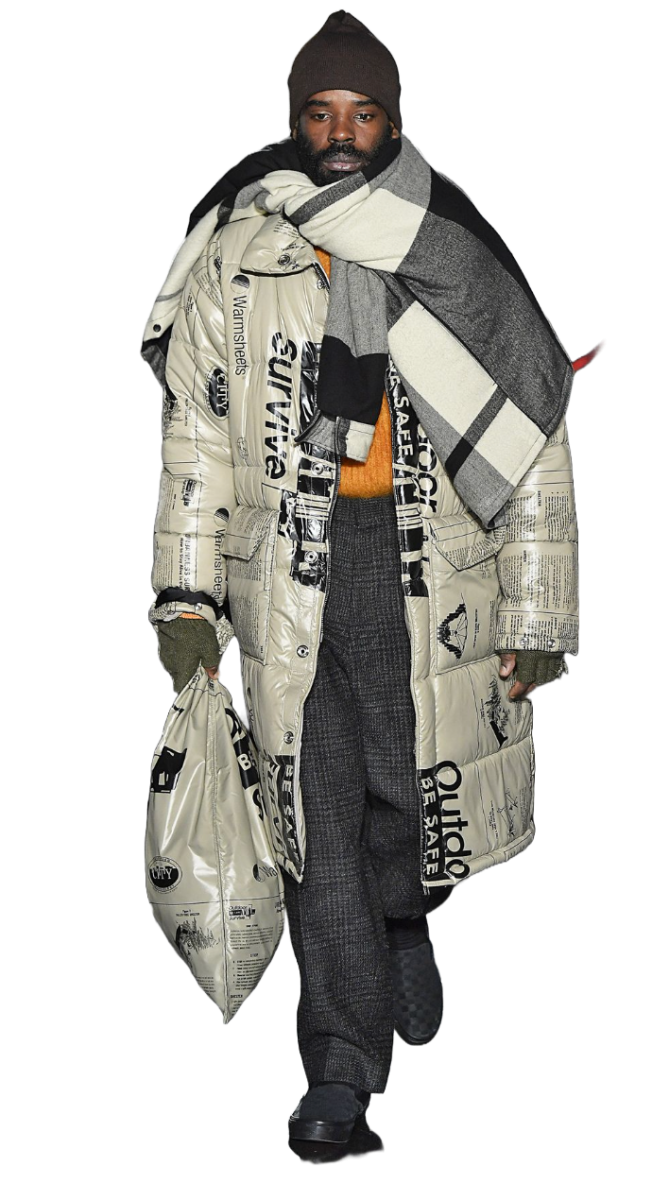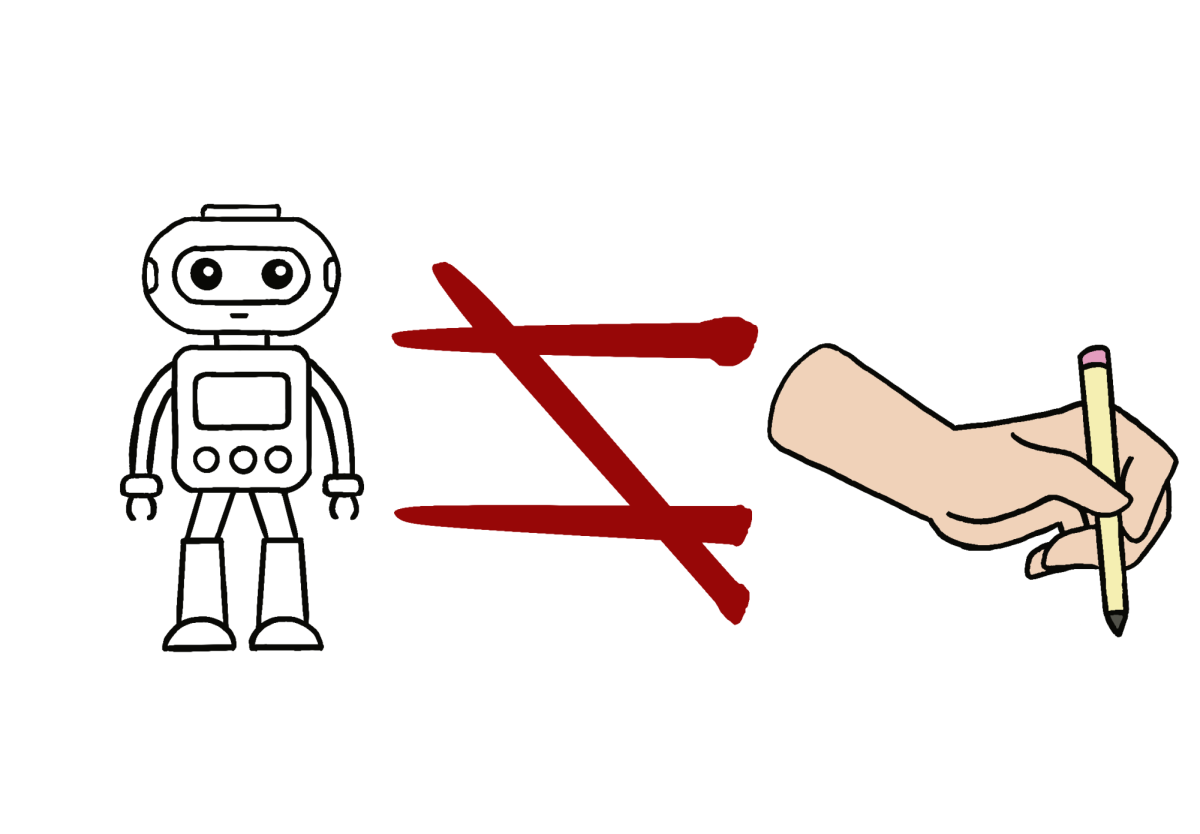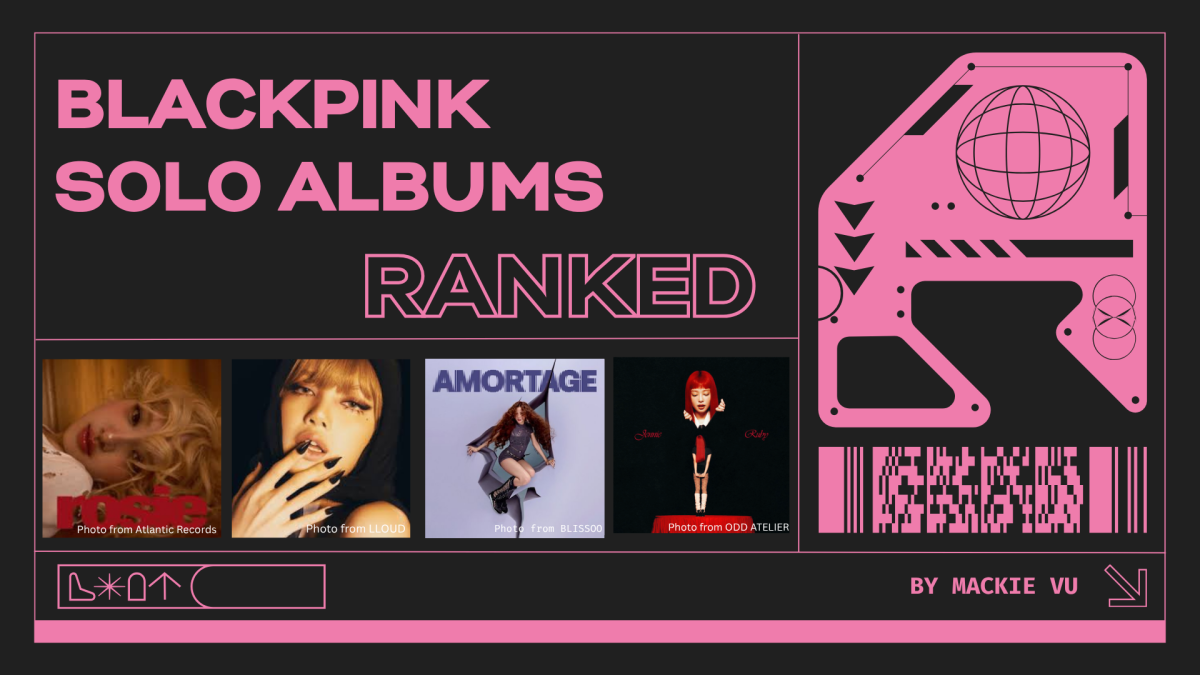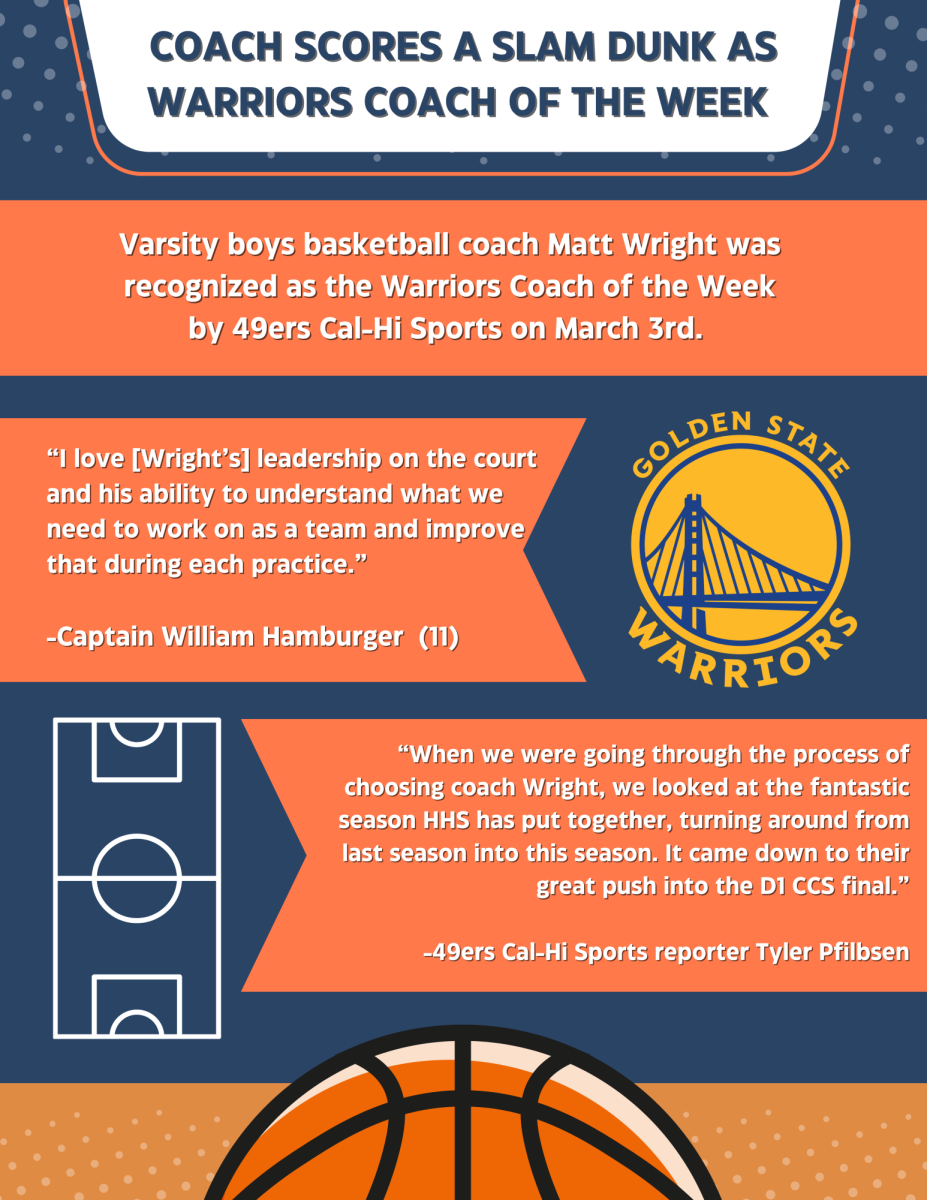Becoming a viral social media influencer is a dream for many thanks to the social and financial power it can provide. To achieve this dream, internet sensations often turn to selling branded merchandise to expand their presence and income. However, this can lead some into controversy.

Unfortunately, starting merchandise businesses requires influencers to promote their products ceaselessly, making their content feel like advertisements. This breaks engagement, hurts the viewing experience and feels like a nuisance.
What is more concerning is how they portray and market their products given their audiences. Impressionable children make up the bulk of many influencers’ audience, individuals who are unlikely to have the sense to research products before purchasing.
This leads to kids buying products solely because their favorite creators are behind them, fostering disregard toward a product’s true value and perpetuating the habit of buying things to show off.
The creation of Lunchly, an alternative to the popular pre-packaged lunch brand Lunchables, formed through a collaboration between famous internet personalities KSI, Logan Paul and Mr. Beast. The brand is a prime example of the issues with influencer-endorsed products.
Along with endlessly advertising the product, the creators touted misleading statistics to make the product seem healthier than it actually was. In fact, it does not even meet USDA nutritional guidelines for school lunches according to a video by Doctor Mike, a reputable health YouTuber and physician.
Fortunately, the internet collectively shunned Lunchly and its creators. The influencers turned businesspeople faced huge criticism for their unhealthy product, both from regular internet users and other influencers, such as DanTDM.
Another issue is that some influencers lack the technical skills to start and maintain their businesses, and they often utilize faulty practices as a result. This gives customers garbage and ruins the influencer’s reputation.
For example, TikTok, Instagram influencer Chef Pii found herself in hot water when she attempted to sell her viral Pink Sauce. She was disorganized, mislabeling units and shipping her product in unrefrigerated containers.
Ultimately, influencers and their businesses need to be held accountable for their marketing and business practices by the government and FTC. These institutions already do so for other companies, so it is time for influencer businesses to face the same scrutiny, especially as they have a massive impact on younger generations.





















